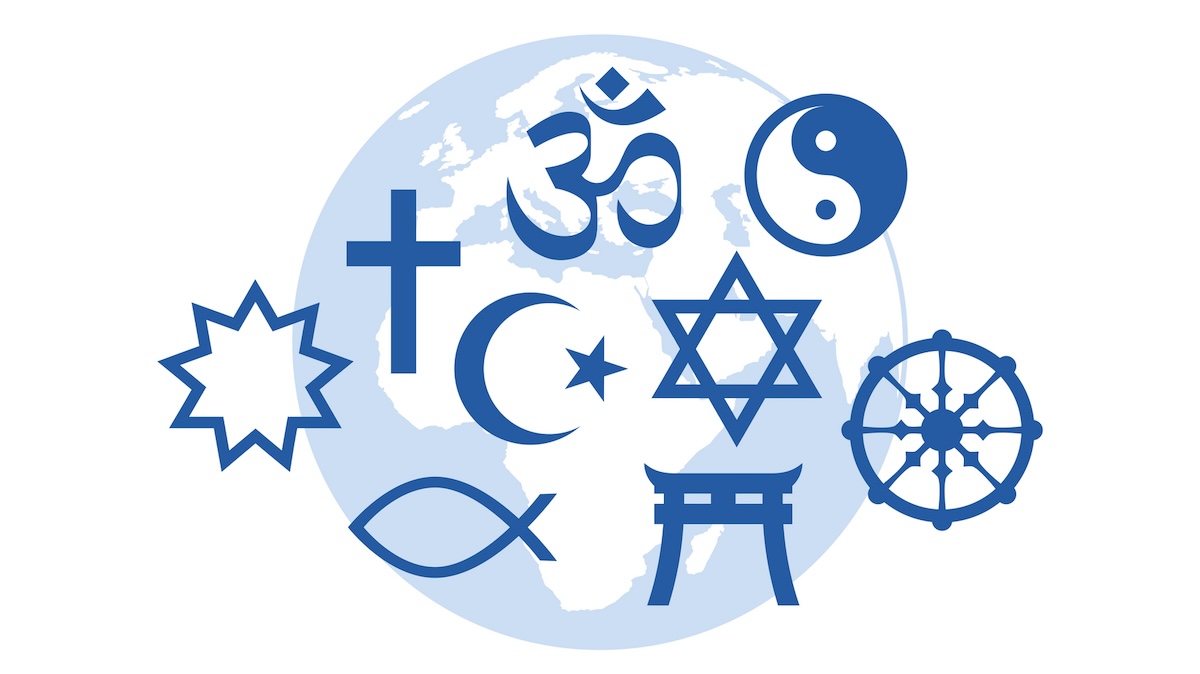In a statement that continues to resonate through the annals of history, President Dwight D. Eisenhower once declared that a President of the United States must believe in God, regardless of the specific faith. This assertion captures a fundamental distinction between the American and French revolutions. While the American Revolution intertwined the concepts of God and governance, the French Revolution was characterised by a stark opposition to religious institutions. This historical divergence has left a lasting imprint on the public cultures of Europe and the United States, where expressions of faith are notably more prominent in American society.
The philosophical underpinnings of modern governance, as shaped by thinkers like John Locke, emphasised the social contract between the people and the ruling crown. Locke’s ideas laid the foundation for many freedoms we cherish today, with religious freedom standing as a paramount liberty. This freedom allows individuals to express their beliefs openly and without fear, fostering a society where diverse faiths can coexist harmoniously.
Religious freedom is not merely a right to be protected but a crucial element of our public discourse. By encouraging open discussions about faith, we prevent religious sentiments from being hijacked by extremist ideologies. When mainstream religious voices speak publicly about God, they help ensure that religious dialogue remains a force for good rather than a tool for division.
At the heart of this discussion lies a profoundly personal and universal question: “What does God want from me?” This question transcends religious boundaries, touching upon the fundamental human quest for purpose and meaning. In seeking answers to this question, we find our true freedom and reclaim our destiny. Understanding God’s love for us inspires us to love and support one another, promoting a society built on mutual respect and compassion.
To foster a society where religious freedom thrives, we must encourage conversations about faith in the public sphere. This dialogue should highlight our differences and celebrate our shared values and common humanity. Doing so can build bridges of understanding and pave the way for a more harmonious coexistence.
In conclusion, the role of God in American public life is not just a matter of tradition but a cornerstone of our identity and freedom. As we navigate the complexities of modern society, let us remember that the freedom to express our religious beliefs is a vital part of our heritage. By embracing and protecting this freedom, we honour the spirit of our founding principles and ensure that the love of God continues to guide us towards a future of unity and peace.

